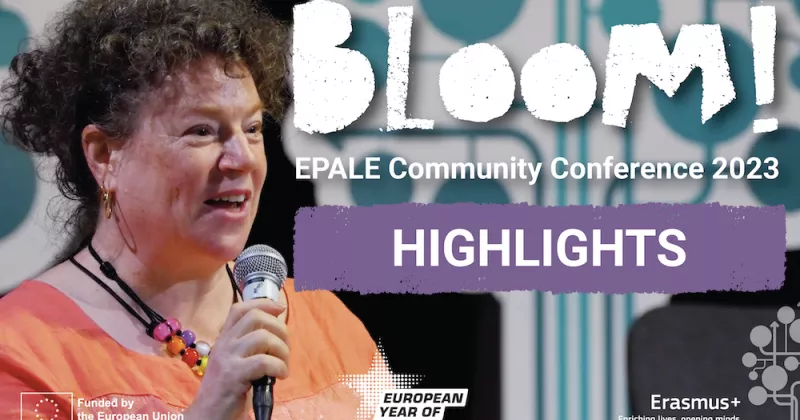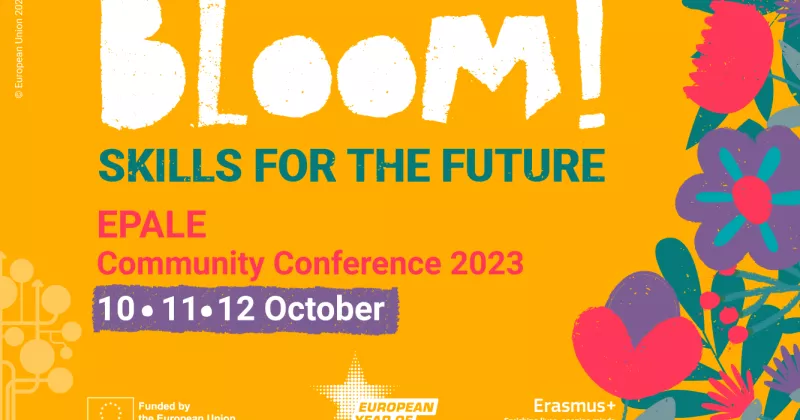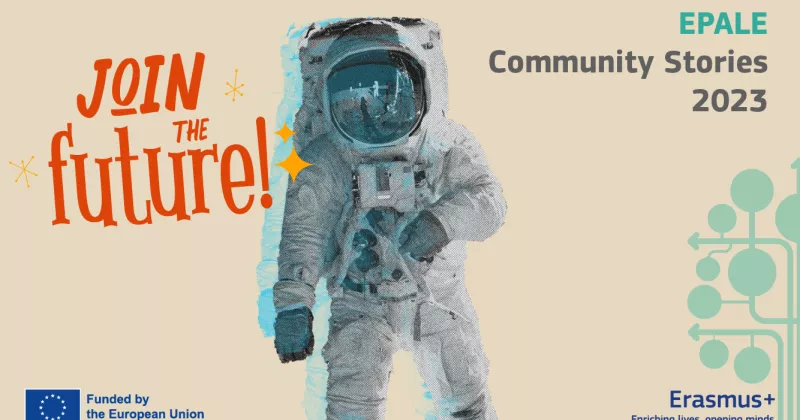Austria: ESF Report 2007-2013 verifies positive effects of adult education for compensating social disadvantages

For the Austrian ESF (European Social Fund) measures, researchers arrive at an exceedingly positive conclusion and recommend expanding Lifelong Guidance in the future and integrating it more into the educational programmes.
Almost 300,000 counselling contacts and more than 20,000 qualified persons within six years are proof of the fact that "ESF Employment in the Area of Adult Education" was a funding programme with far-reaching effects in Austria. Researchers of the Institute for Advanced Studies (IHS) evaluated ESF measures of the funding period 2007-2013. For the new ESF funding period, the researchers recommend directing educational counselling even more to educationally disadvantaged persons. In addition - in view of the identified demands for the future - they suggest an expansion of the preparation courses for compulsory schooling and the basic education offers.
Education as an opportunity for participation
In the synthesis report, the authors above all highlight the implementation of Lifelong Guidance as promotion for capacity building. It had substantially contributed to an improved situation of participants with multidimensional problems and supported the removal of barriers and the integration of educationally disadvantaged persons into the education system and the process of lifelong learning.
With the measures, in many cases, it had been possible to compensate for social disadvantages. Persons with a migrant background or from poorly educated homes participated in the qualification measures with greater than average frequency and benefited therefrom. "For groups of persons particularly threatened by exclusion, as asylum seekers, beneficiaries of subsidiary protection and acknowledged refugees, the qualification offers within the scope of the ESF represent one of the few possibilities to participate in education", the co-author of the final report, Gabriele Pessl, describes one facet of integration by the ESF programme. "However, in this connection, legal barriers, as employment bans and long asylum procedures are very burdensome on the one hand, and, on the other hand, they impede integration." In the report, the critical assessment of a target group expert on that is given anonymously: "When society wants to discriminate on such a massive scale, well, then education only helps to a very limited extent."
More than 20,000 course participants
In Austria, a total of 20,658 persons participated in qualification measures during the six-year programme period. 60 % of which were women and 40 % men. In the course of the period, some of these measures were financed only nationally, whereby the number of participants in the ESF-funded offers had declined.
"The effects achieved within the scope of course participation are considerable: On the one hand, effects are diversified and reach from achieving the qualification targets and degrees up to psychosocial effects at the self-confidence level and the expansion of room for manoeuvre. On the other hand, a high portion of the graduates are subsequently able to achieve integration into (continuing) education and employment", Gabriele Pessl summarises the success.
Low-threshold educational counselling and guidance
Paramount for the educational counselling within the scope of the past ESF period was the objective to establish and expand low-threshold educational information and educational counselling services, and that in all Austrian federal states. More than 295,000 counselling sessions were held. This objective was implemented by information, counselling and orientation for education and occupation as well as with offers in terms of Lifelong Guidance.
Considering the socio-demographic structure in a summarising manner, then the counsellor typically met with a woman between 25 and 44 years of age as the person seeking counsel. On a national level, 65 % of the persons seeking counsel were women, and with 44 %, most of them were between 25 and 44 years old.
In the funding period already expired, networks of educational counselling were established in the nine Austrian federal states, which again interlink Austria-wide. For the funding period already started, these networks are to reach even more educationally disadvantaged persons, and above all in a more target-oriented manner, the researchers recommend. Lifelong Guidance, too, is to be followed even more within the scope of the LLL principles. As a suitable measure they state, for example, integration of the provider-independent educational counselling networks into the implementation of education measures, such as by taking over follow-up tasks.
Further information:
- Download Synthesis Report 2015 (in German)
- Download Final Report 2014 (in German)
- IHS
- Publications of the Federal Ministry for Education and Women (in German)
Text: CONEDU





